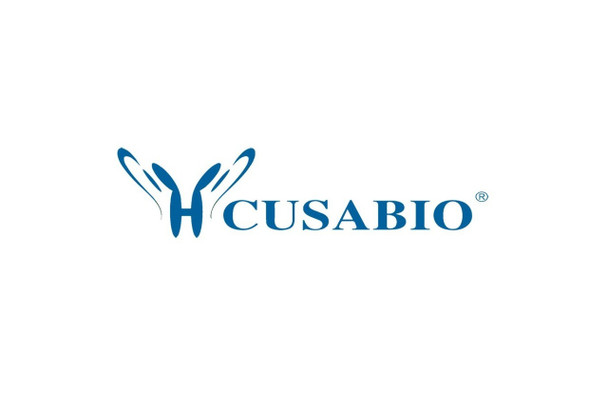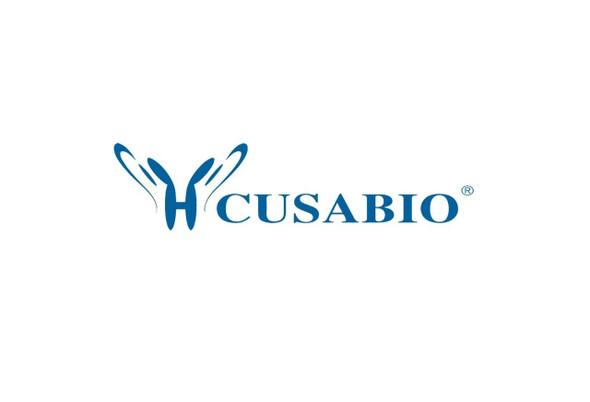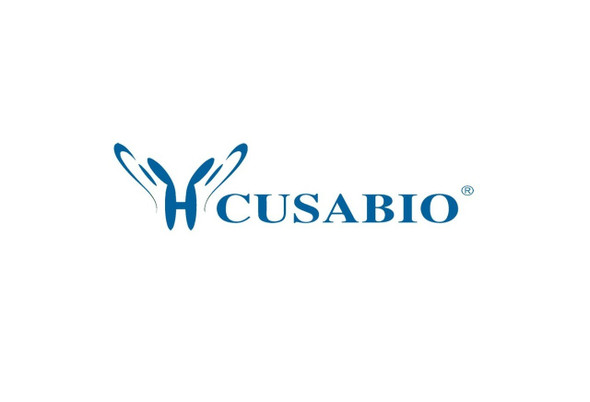Cusabio Polyclonal Antibodies
Acetyl-H2AFZ (K4) Antibody | CSB-PA010100OA04acHU
- SKU:
- CSB-PA010100OA04acHU
- Availability:
- 3 to 7 Working Days
Description
Acetyl-H2AFZ (K4) Antibody | CSB-PA010100OA04acHU | Cusabio
Acetyl-H2AFZ (K4) Antibody is Available at Gentaur Genprice with the fastest delivery.
Online Order Payment is possible or send quotation to info@gentaur.com.
Product Type: Polyclonal Antibody
Target Names: H2AFZ
Aliases: Histone H2A.Z (H2A/z), H2AFZ, H2AZ
Background: Variant histone H2A which replaces conventional H2A in a subset of nucleosomes. Nucleosomes wrap and compact DNA into chromatin, limiting DNA accessibility to the cellular machineries which require DNA as a template. Histones thereby play a central role in transcription regulation, DNA repair, DNA replication and chromosomal stability. DNA accessibility is regulated via a complex set of post-translational modifications of histones, also called histone code, and nucleosome remodeling. May be involved in the formation of constitutive heterochromatin. May be required for chromosome segregation during cell division.
Isotype: IgG
Conjugate: Non-conjugated
Clonality: Polyclonal
Uniport ID: P0C0S5
Host Species: Rabbit
Species Reactivity: Human
Immunogen: Peptide sequence around site of Acetyl-Lys (4) derived from Human Histone H2A.Z
Immunogen Species: Human
Applications: ELISA, WB, ICC, IF, IP, ChIP
Tested Applications: ELISA, WB, ICC, IF, IP, ChIP; Recommended dilution: WB:1:200-1:2000, ICC:1:10-1:100, IF:1:10-1:100, IP:1:200-1:2000
Purification Method: Antigen Affinity Purified
Dilution Ratio1: ELISA:1:2000-1:10000
Dilution Ratio2: WB:1:200-1:2000
Dilution Ratio3: ICC:1:10-1:100
Dilution Ratio4: IF:1:10-1:100
Dilution Ratio5: IP:1:200-1:2000
Dilution Ratio6:
Buffer: Preservative: 0.03% Proclin 300
Constituents: 50% Glycerol, 0.01M PBS, pH 7.4
Form: Liquid
Storage: Upon receipt, store at -20°C or -80°C. Avoid repeated freeze.
Initial Research Areas: Epigenetics and Nuclear Signaling
Research Areas: Epigenetics & Nuclear Signaling

















